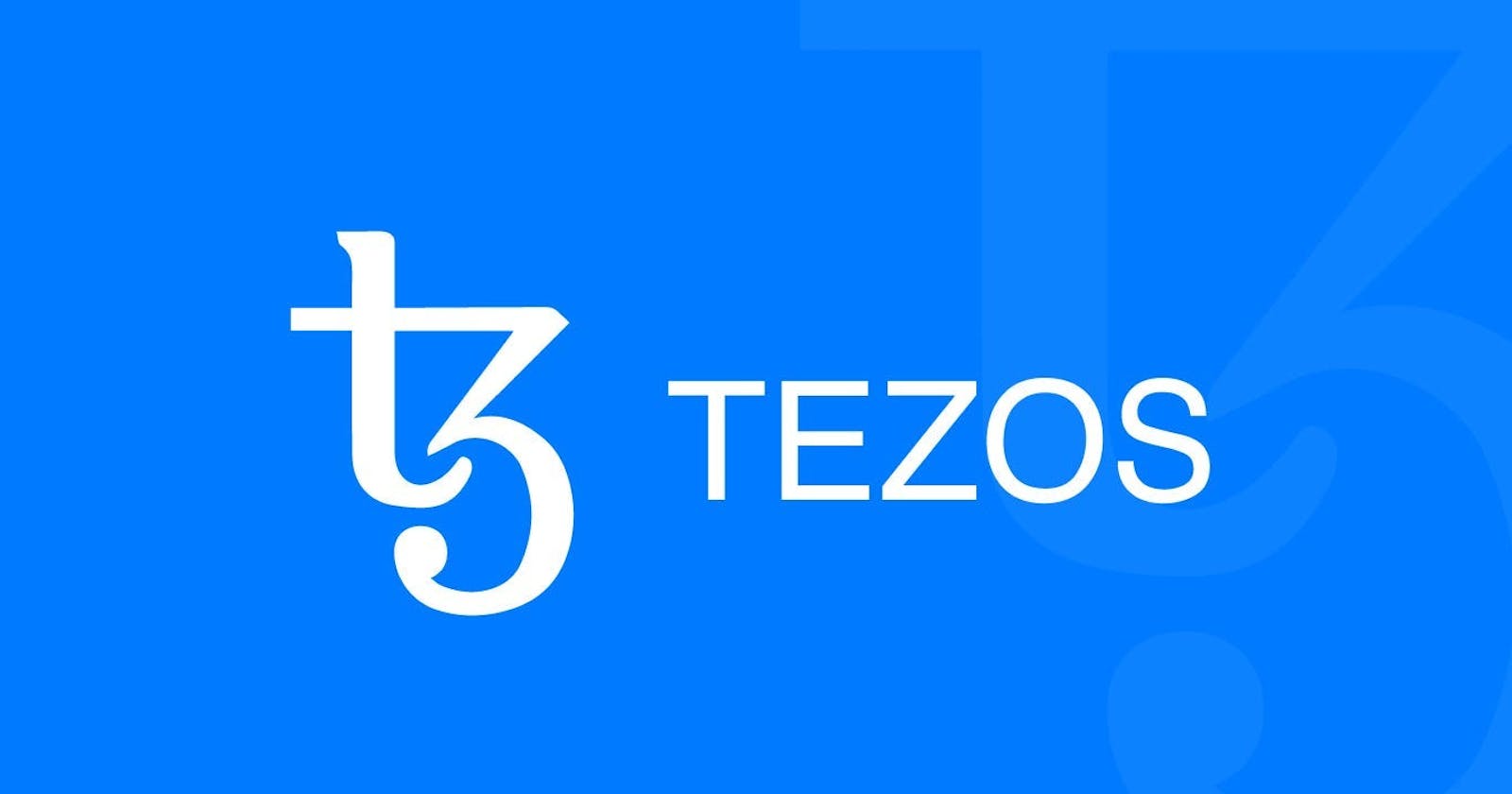Navigating the Tezos Ecosystem: Running a Tezos Node and Understanding Its Value
Why Run a Tezos Node?
Tezos, a unique and self-amending blockchain platform, has garnered attention for its innovative approach to governance and decentralization. Running a Tezos node is a powerful way to actively participate in this ecosystem and unlock several benefits:
Contribute to Decentralization: Tezos places a strong emphasis on decentralization. By running a Tezos node, you become a part of the network, helping to maintain its integrity and resilience.
Governance Participation: Tezos boasts a unique on-chain governance system, allowing stakeholders to vote on protocol upgrades and amendments. Node operators play a crucial role in this democratic process.
Secure the Network: Tezos nodes validate transactions and secure the blockchain. By running a node, you actively contribute to the security and reliability of the network.
Earn Rewards: Depending on the type of Tezos node you run (baker, endorser, or full node), you may have the opportunity to earn rewards in the form of XTZ tokens for your contributions to the network.
How Do I Deploy a Tezos Node?
Deploying a Tezos node involves several key steps:
Hardware Selection: Determine the type of Tezos node you want to run (e.g., baker, endorser, full node), and choose hardware accordingly. Bakers may require dedicated hardware with ample processing power and storage.
Operating System: Select a compatible operating system for your hardware. Common choices include Linux distributions like Ubuntu, known for their stability and performance.
Tezos Software Installation: Download and install the Tezos node software provided by the Tezos Foundation or other trusted sources. Ensure you have the latest version and follow the installation instructions carefully.
Node Configuration: Configure your Tezos node by specifying parameters such as network settings, your node's identity, and other relevant details. Refer to the official Tezos documentation for detailed guidance on configuration.
Blockchain Synchronization: Allow your Tezos node to synchronize with the Tezos network. The time required for synchronization depends on the type of node and the network's size.
Security Measures: Implement robust security measures to protect your Tezos node. This includes setting up firewalls, access controls, and regularly updating your software to address potential vulnerabilities.
Monitoring and Maintenance: Continuously monitor your Tezos node's performance to ensure it remains synchronized with the network. Regular maintenance and updates are essential for reliable operation.
How Much is 1 Tez Worth?
As of my last knowledge update in September 2021, the value of 1 Tez (XTZ) fluctuated in the cryptocurrency market. Tezos, like other cryptocurrencies, experiences price volatility based on market demand, adoption, and various external factors.
The value of 1 Tez can vary significantly, ranging from fractions of a dollar to several dollars or more. To get the current value of 1 Tez, you can check cryptocurrency exchanges, financial news websites, or cryptocurrency market tracking apps for real-time pricing information.
Please note that cryptocurrency prices are highly volatile and can change rapidly. It's advisable to verify the current value from a reliable source at the time of your inquiry.
Who is the Owner of Tezos?
Tezos is a decentralized blockchain network, and it doesn't have a single owner or centralized authority. Instead, Tezos operates on the principles of decentralization and community governance. The Tezos blockchain is collectively owned and maintained by its network participants, which include:
Bakers: Bakers are network participants who validate transactions, create new blocks, and participate in the governance of the Tezos network. They are essential to the network's operation and play a significant role in its governance.
Delegators: Delegators are Tezos token holders who delegate their XTZ tokens to bakers. They do not own the network but have a say in governance decisions based on their delegated tokens.
Developers: The Tezos ecosystem is supported by a global community of developers who contribute to the improvement and development of the network. Tezos has a foundation that supports development and research initiatives.
Community: Tezos is built on the principles of decentralization and community-driven governance. Anyone can participate in network governance by holding XTZ tokens and voting on protocol upgrades and amendments.
In summary, Tezos is not owned by a single entity; it is collectively governed by its stakeholders and participants, making it a truly decentralized blockchain platform. The network's direction and upgrades are determined through a community-driven governance process, setting it apart from many other blockchain projects.
